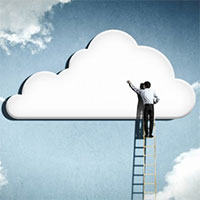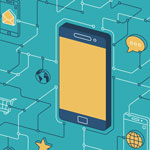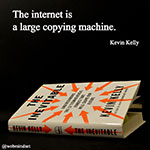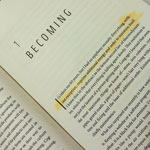Book Title: The Inevitable (Understanding the 12 technological forces that will shape our future)
Written by: Kevin Kelly
Chapter Number: 5
Chapter Title: Accessing
Order Information:
The Inevitable (Amazon.com)
The Inevitable (Barnes & Noble)
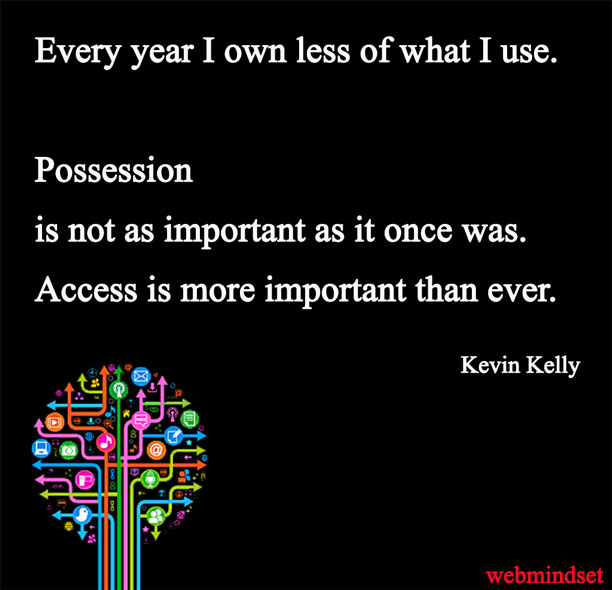
A reporter for TechCrunch recently observed, “Uber, the world’s largest taxi company, owns no vehicles. Facebook, the world’s most popular media owner, creates no content. Alibaba, the most valuable retailer, has no inventory. And Airbnb, the world’s largest accommodation provider, owns no real estate. Something interesting is happening.”
Digital media exhibits a similar absence.
Netflix, the world’s largest video hub, allows me to watch a movie without owning it.
Spotify, the largest music streaming company, lets me listen to whatever music I want without owning any of it.
Amazon’s Kindle Unlimited enables me to read any book in its 800000-volume library without owning books.
Every year I own less of what I use.
Possession is not as important as it once was.
Access is superior to ownership in many ways that it is driving the frontiers of the economy.
On average most modern products have undergone dematerialization. Since 1970s, the weight of the average automobile has fallen by 25 percent.
Appliances tend to weigh less per function.
Of course, communication technology shows the clearest dematerialization.
Digital technology accelerates dematerialization by hastening migration from the products to services.
… In Silicon Valley the say it like this: Software eats everything.
… I predict that by 2025 the bandwidth to a high-end driverless car will exceed the bandwidth into your home.
The more we embed intelligence and smarts into the objects in our households and offices, the more we will treat these articles as social property.
To access a service, a customer is often committing to it in a far stronger way than when he or she purchases an item.
… Access mode brings consumers closer to the producers, and in fact, the consumer often acts as the producer.
The first stand-alone product to be “servicized” was software.
Today, selling software as service (SaS) instead of product has become the default mode for almost all software.
